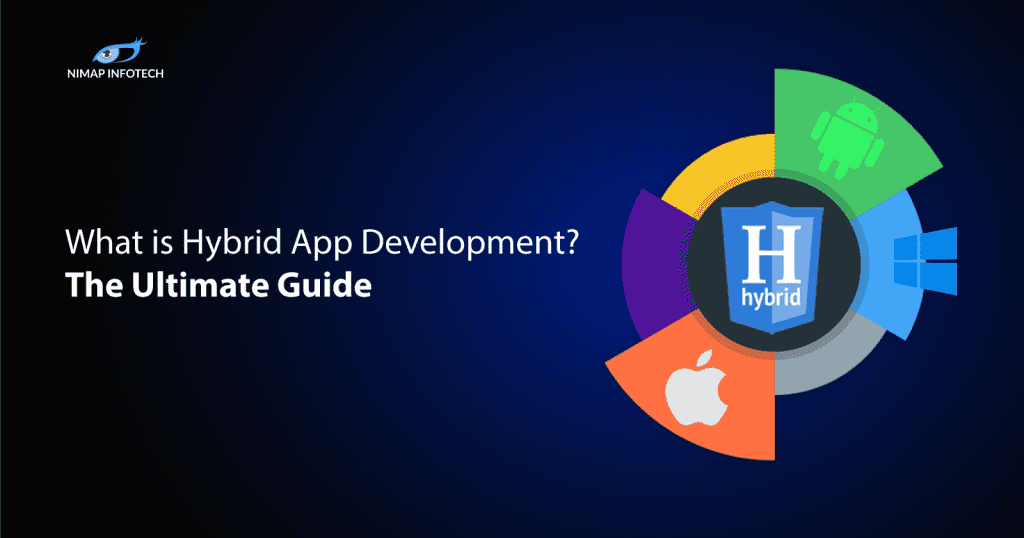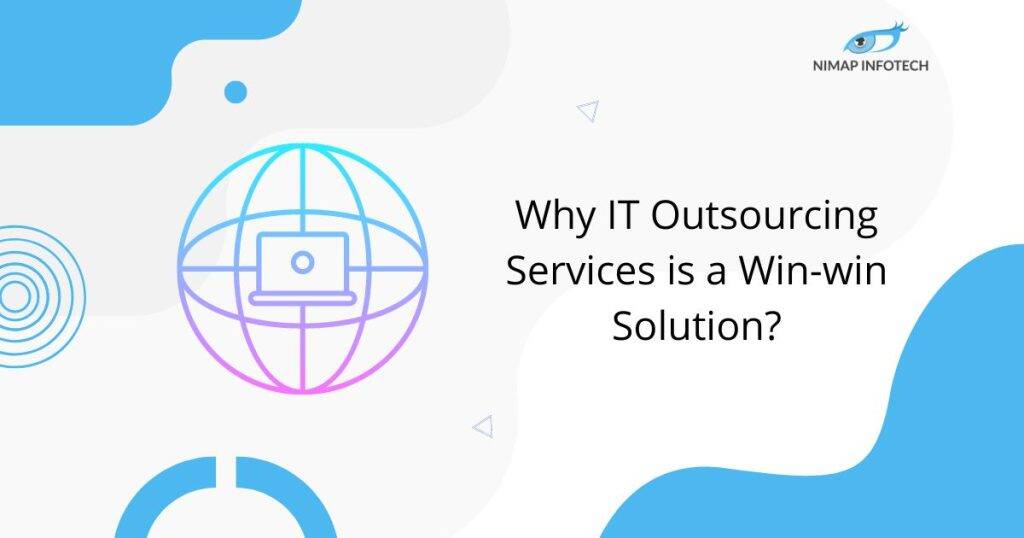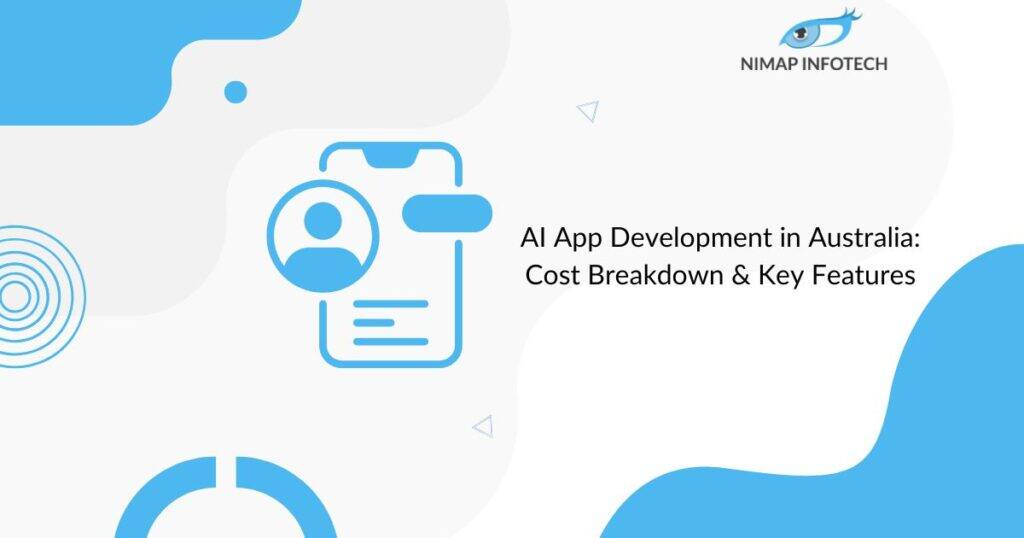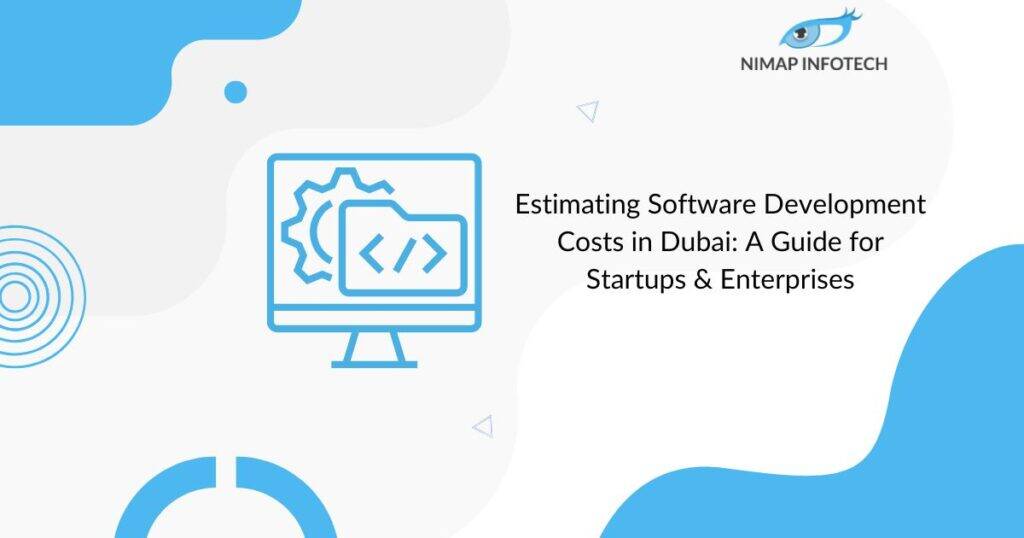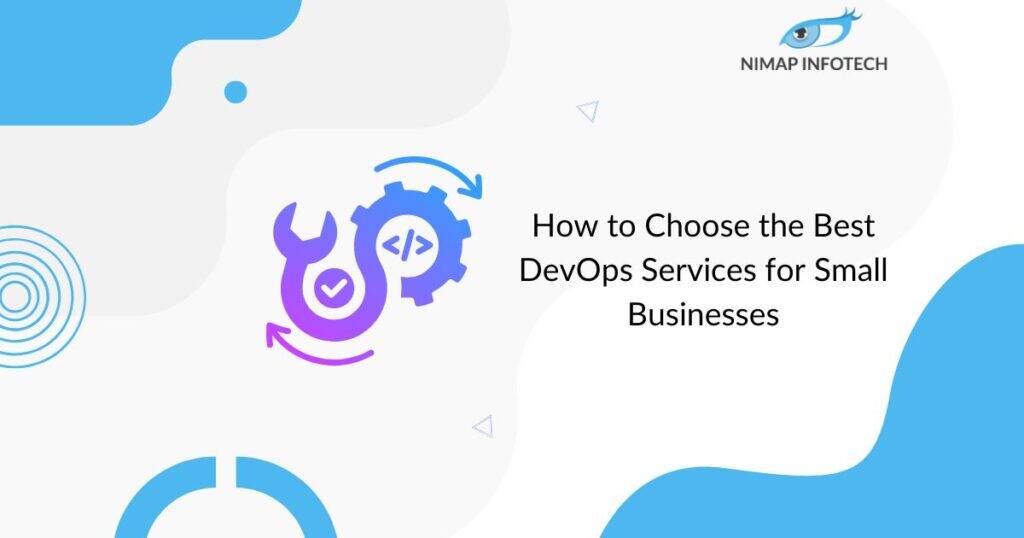Table of Contents
ToggleWhat is Hybrid App Development The Ultimate Guide
In the tech world, Hybrid App Development has become popular. Due to its ability to build apps and at a much lower cost and to be compatible. Along with many platforms and operating systems without the need for a new app. Hybrid app development combines the best of both native and web app development. To create an app that can deploys across multiple platforms.
Business requirements & user expectations determine whether to build mobile apps or web-based apps. Although native and web-based apps have their advantages. Hybrid app development has become increasingly popular.
In addition to being cost-effective, hybrid apps make it faster to reserve an app store space. Due to their adaptability across multiple platforms.
The hybrid app is not as used as native apps, but it has various advantages that make it worthwhile to consider.
Let’s look at some key characteristics of hybrid app development. In this article to assist them in choosing whether it is the correct strategy for your company.
But first, let us explain What is Hybrid app development? And its Advantages.
What is Hybrid App Development?
The hybrid app development process involves building an app from a single project that is compatible with all platforms. Such as Android, Windows, iOS, etc. Developers can use hybrid software to develop custom mobile applications. Because it creates a single code base that uses across all platforms. Which makes it very appealing to them. The developer only needs to write the code once. And it can then be used on any other target platform for the app, except for some aspects.
Hybrid apps are in demand due to two undeniable facts. They are easier to develop than native apps. Their are source codes that can be used to increase a business’s reach on multiple platforms, including the web. As businesses can access all major platforms through hybrid mobile app development. That is particularly appealing to them.
In order to improve customer service, increase sales, or promote brand awareness. A hybrid app, tailored for a business or organization. It is important for businesses to develop custom mobile applications. As they offer many long and short-term benefits. These advantages are in both the short and long term.
What is a Hybrid App?
They are essentially web applications embedded in native apps. With the access to the mobile platform capabilities installed in the app. They are basically web applications inside a native app environment.
Also Read: Hybrid Mobile App Development Benefits For Small Businesses
How do Hybrid Apps function?
Web apps that have been ported into native apps are hybrid apps. It connects to the mobile platform’s capabilities. By using a browser that inserts into the app once downloaded from an app store and installed. The browser and plug-ins run on the backend invisible to the end user.
As with Web apps, hybrid apps are installed on the device as native apps and are also written in HTML5, CSS, and JavaScript. A device’s browser engine is used to access the hardware of the device using JavaScript, HTML, and native APIs.
Despite sharing similar navigation elements with a Web application. Hybrid apps can be used offline depending on their functionality. If a database is not required, an application may be configured to run without it.
Stages of Hybrid App Development
The creation of Hybrid application is a combination of online technology & native capabilities. Hybrid applications are created using frameworks such as Ionic. For generating UI components so that they may be presented on smartphones as seamlessly as a native application.
- Pre-Development
You must decide whether Hybrid application development is the best option for the project. Reseach takes place on an appropriate technological stack & select the appropriate tools & frameworks.
- Development
This is where you will write the Hybrid app development code. To create hybrid mobile apps, you will also want to employ a cross-platform solution such as Ionic. This stage also covers User interface & user experience preparation, architectural development, & functionality development.
- Testing
This is the stage at which you examine your hybrid application development project before launching it to operation. This involves testing your hybrid application development project’s frontend & backend.
- Deployment
The hybrid mobile application is deployed to one or more platforms for end-user access in this last stage. If your hybrid app development project is for Android or iOS devices. You will need to submit it to the appropriate app stores or host it yourself on a web server.
- Maintenance
You will have to update your hybrid mobile application with time to match your business requirements. Telease a new version with improved functionality. Hybrid app development is a continuous process. Throughout its life cycle, hybrid app developers must fix bugs and enhance existing hybrid app projects.
For this stage of hybrid app development, you should also be aware of the latest trends and technologies.
Best Hybrid App Frameworks
-
React Native
This framework uses React to build cross-platform mobile apps, first released by Facebook in 2015. In JSX, user interface components can be built for multiple platforms and linked to native code. Then it converts to native views on Android and iOS, where it is an open-source JavaScript framework. The views are native components that communicate with JavaScript logic through a bridge.
Applications made with React Native: Social networking apps like Facebook, Instagram, and Skype etc. are also available.
-
Flutter
Flutter, the open-source framework created by Google in 2017. Uses the Dart programming language of its design to build apps for both Android and iOS. Developers can build apps using a single codebase. Because of Google’s involvement and the framework’s versatility, it has been popular ever since its launch. It can build apps for web, mobile, desktop, and embedded platforms. In spite of the fact that Flutter is one of the most recent frameworks on the list. It has seen widespread adoption due to its competitive development speed and ability to use a wide range of widgets. Hamilton, Pairing, Google Ads.
-
Iconic
For front-end developers who are already familiar with AngularJS, Ionic is a powerful. Easy-to-use, and prebuilt framework for creating hybrid mobile apps. It uses HTML, CSS, and JavaScript to create hybrid apps and is fully compatible with AngularJS.
- Xamarin
You can build apps and access native APIs for iOS, Android, and Windows. Using the Xamarin framework created by Microsoft, which replay on the Microsoft .NET framework. And also the C# programming language. It is undergoing reform and will soon become the Multi-platform App User Interface (MAUI) on the DotNET platform.
- Apache Cordova
The Apache Cordova open source mobile development framework is a cross-platform framework. It allows developers to build mobile applications using the standard web technologies. In Apache Cordova hybrid applications, the Web View is part of the native application wrapper. Pacifica, FanReact, and SparkChess are examples of apps built with Apache Cordova.
Pros of Using Hybrid App Development
Hybrid App development is a process of creating software applications. That are a combination of both native and web-based apps. This type of development has seen a rise in popularity in recent years as it allows for the best of both worlds. The speed and efficiency of web-based apps with the user experience and functionality of native apps. If you’re considering hybrid app development for your next project. This guide will give you everything you need to know about what it is, its benefits, and its drawbacks.
If you’re looking to develop a mobile app, you may wonder if hybrid app development is the right approach. There are several advantages to using hybrid app development:
- Cost-Effective:
Hybrid apps are less expensive to develop than native apps because you only have to develop one codebase for multiple platforms.
- Quick-to-Market:
Because hybrid apps reuse existing web code, they can be faster to develop and get to market than native apps.
- Managing a Single Codebase only.
Due to hybrid software development, you only have to create one app, whereas with native software development, you have to make two apps.
- Access to Device Features:
Hybrid apps have access to the same device features as native apps, such as the camera and GPS.
- Offline Functionality:
Hybrid apps can work offline, just like native apps, which is important for users who need access to data in areas with poor or no connectivity.
Due to the fact that there is a single codebase over multiple platforms, the user experiences could not be favourable. Because we are discussing many operating systems, it is challenging to modify a programme for only one platform.
- Lower performance: One of the main issues with hybrid mobile apps is this. They open in a web browser that is challenging to do natively.
- Features’ accessibility: It’s possible that some of the additional features of the hybrid technology. A few native features could perhaps not exist.
- Defects: Hybrid programming will probably have undetectable errors when it’s produced.
Costing of Hybrid App Dev
The cost of hybrid app development can vary depending on the complexity of the app and the amount of time required to develop it. Generally, hybrid app development costs more than a native app because more work involves in creating a hybrid app.
The average cost to develop a hybrid app is between ₹50,000 and ₹100,000. It comprises of designing costs, development, testing, and deployment. The cost can increase if you hire additional staff or outsource some work.
Also Read: How to Build a Budget-Friendly Mobile App for your Business?
Conclusion
We hope you enjoyed this guide to hybrid app development!
Hybrid apps are a great solution for businesses that want to develop an app quickly and . They offer the best of both worlds – the flexibility of web apps and the functionality of native apps.
Hybrid apps are also more affordable to develop than native apps, making them a great option for businesses on a budget.
If you’re considering developing a hybrid app. We recommend contacting a professional development team. They will be able to help you plan and build your app, ensuring that it meets your specific needs and requirements.
Author
-

A technology enthusiast with over 14+ years of hands-on experience in the IT industry, I specialize in developing SaaS applications using Microsoft Technologies and the PEAN stack. I lead a team of 300+ engineers, holding multiple Microsoft certifications (MCSD, MCTS, MCPS, MCPD). My expertise spans across C#, ASP.NET, NodeJS, SQL Server, and Postgres.
View all posts

